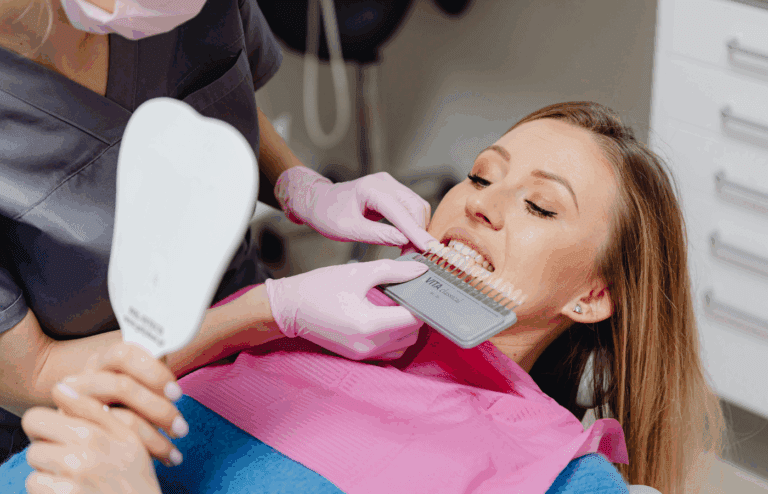Sleeping is something everyone does. However, not everyone gets a restful night’s sleep, which means they will be tired the next day and may not be able to do their daily tasks using their full potential. Here are 10 tips for a better night’s sleep! Sleep well!
Stick to a Sleep Schedule
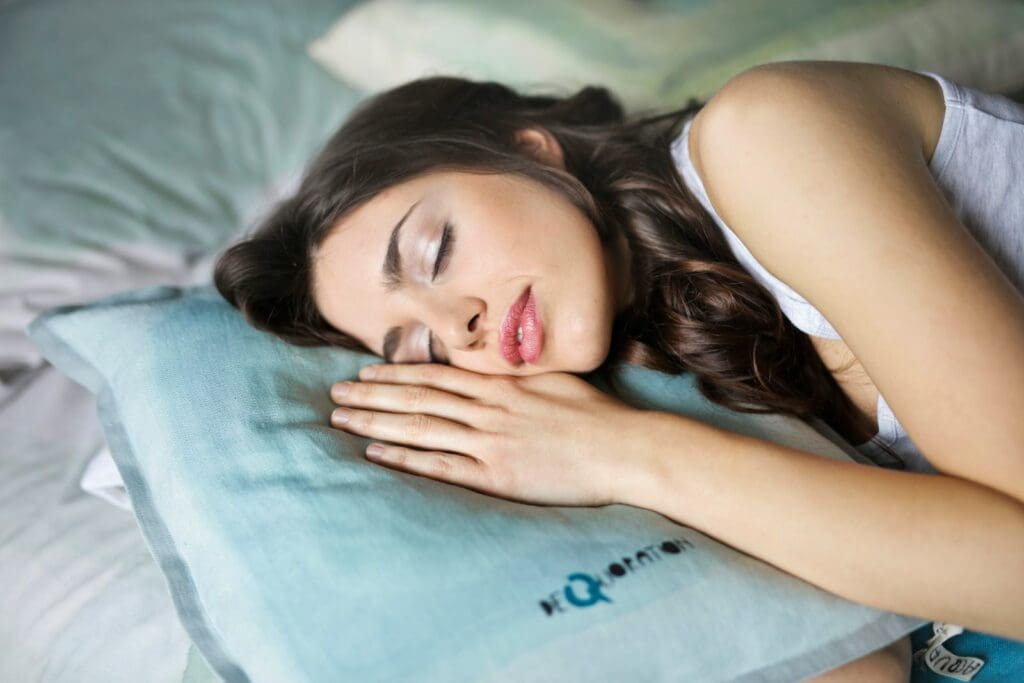
Sticking to a sleep schedule will have you getting a good night’s sleep in no time! To stick to a schedule, you want to fall asleep and wake up at the same time every day — and yes, that includes weekends. The average adult needs about seven to eight hours of sleep a night. Staying on your sleep schedule will ensure that you wake up well-rested!
Take the Time to Relax

Stress can impact our sleep. Tossing and turning in bed due to stress does not make for a good night’s rest. Perhaps trying to relax before bed will help. Some relaxation techniques include meditating, taking a bath, or even reading a book. Try these activities to help yourself get to sleep and to sleep better.
Limit Technology Use Before Bed
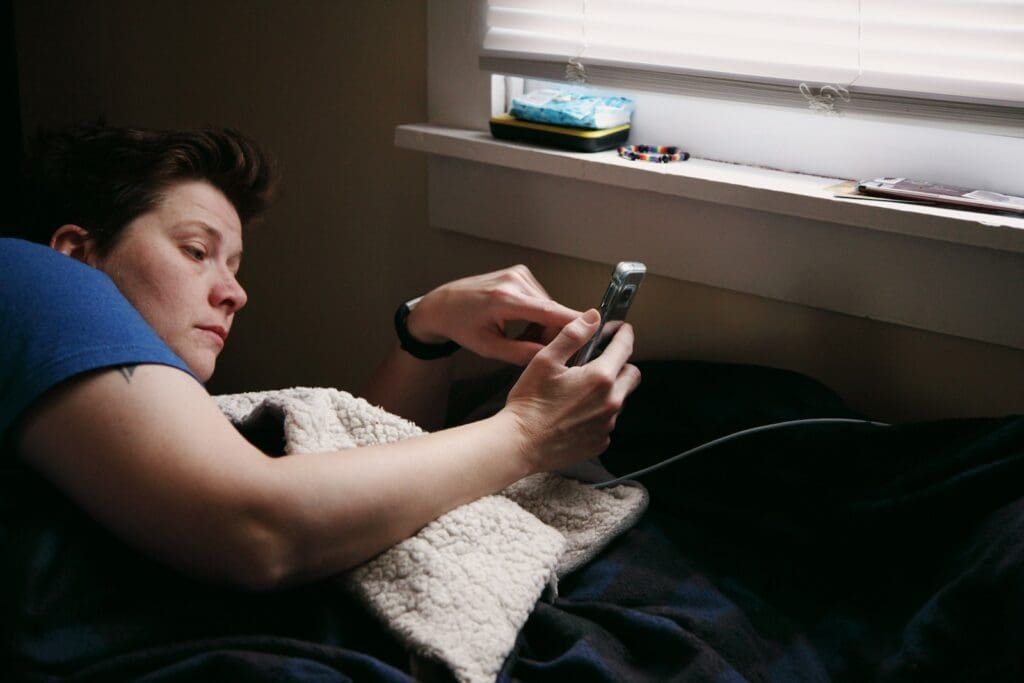
Using your phone or watching television before bed can affect your sleep. The blue light from these devices can mess with your sleep hormone, melatonin. Thus, you will not be able to fall to sleep as quickly or get as good of a sleep as you hoped.
Create a Restful Environment
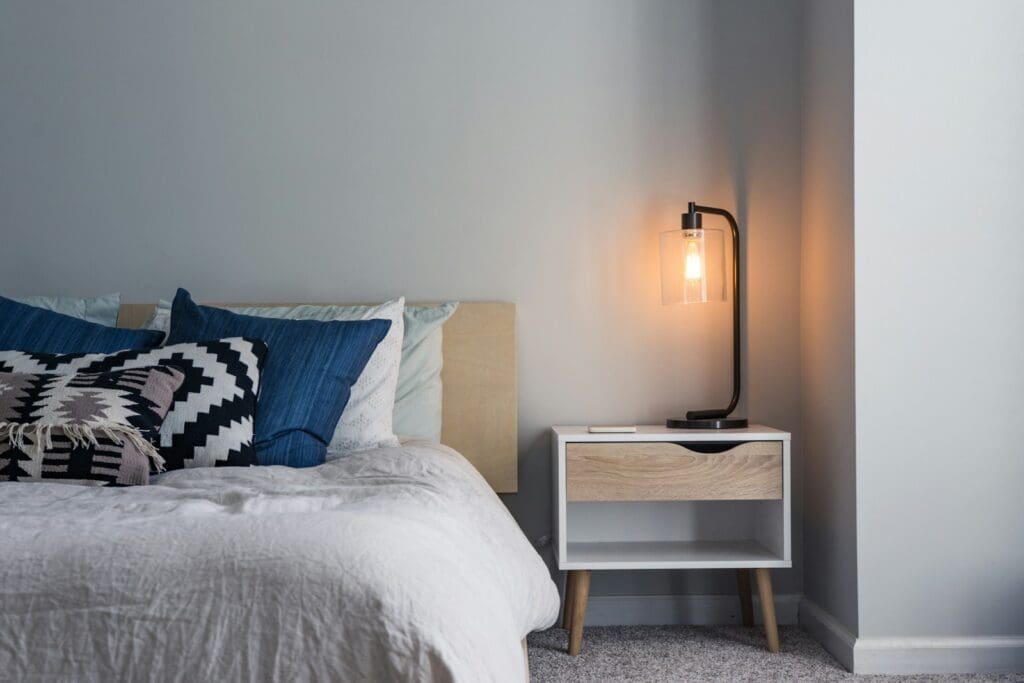
Having the perfect environment will help you get a good night’s sleep. It is recommended to sleep in a cool, dark place. Even adding your favorite soothing scent (lavender is a great option) will help you be relaxed in your environment and drift off quickly.
Limit Naps
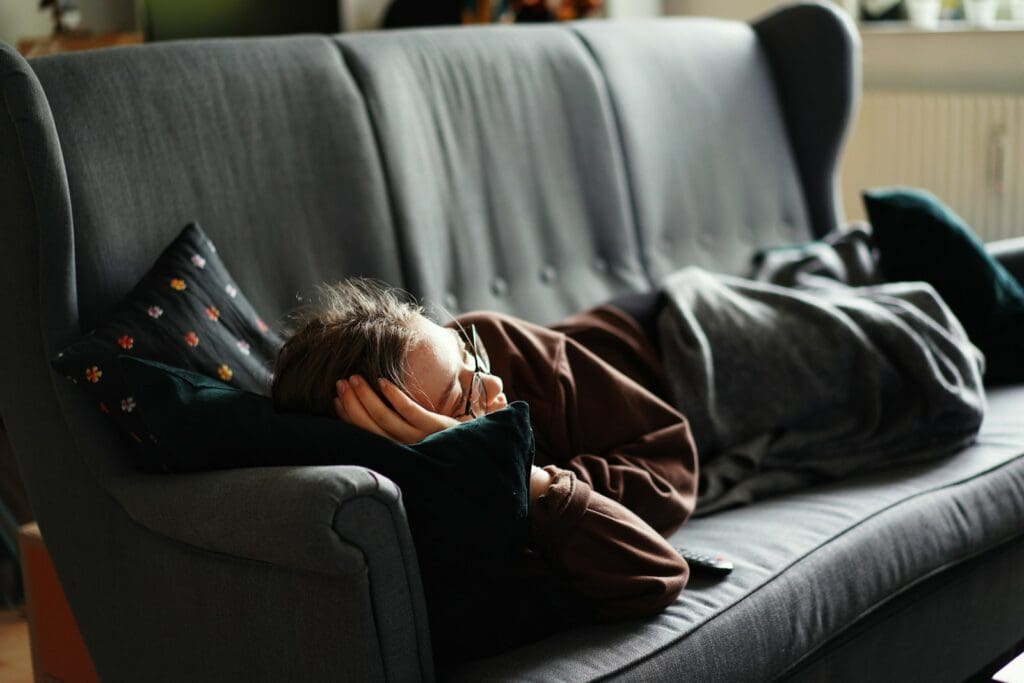
Napping can make you feel wonderful during the day! However, if you nap too often and for a long time, that can affect your sleep quality. It is recommended to nap earlier in the day, and for no longer than an hour. Napping too close to bedtime will reduce your quality of sleep that night.
Do Physical Activity During the Day

Doing physical activity during the day could help you at night! Did you know that exercising can help with getting better sleep? The catch is you need to make sure you exercise long before bed. Exercising right before you go to sleep can negatively impact your sleep cycle.
Eat Light Meals Before Bed

Eating a heavy meal before bed can affect your sleep. Being full could cause discomfort, which causes you not to be able to fall asleep. To avoid this, eat lighter meals before bed and try not to eat close to bedtime.
Avoid These Foods and Drinks Before Bed

It’s obvious that drinking caffeine before bed will keep you awake. But some other foods and drinks can also keep you awake at night. Eating spicy food, drinking alcohol, and indulging in sweets are all culprits in messing with your sleep cycle. Avoid these types of foods and drinks so you can sleep well!
Read More: Here’s What Happens When You Don’t Get Enough Sleep
Don’t Watch the Clock
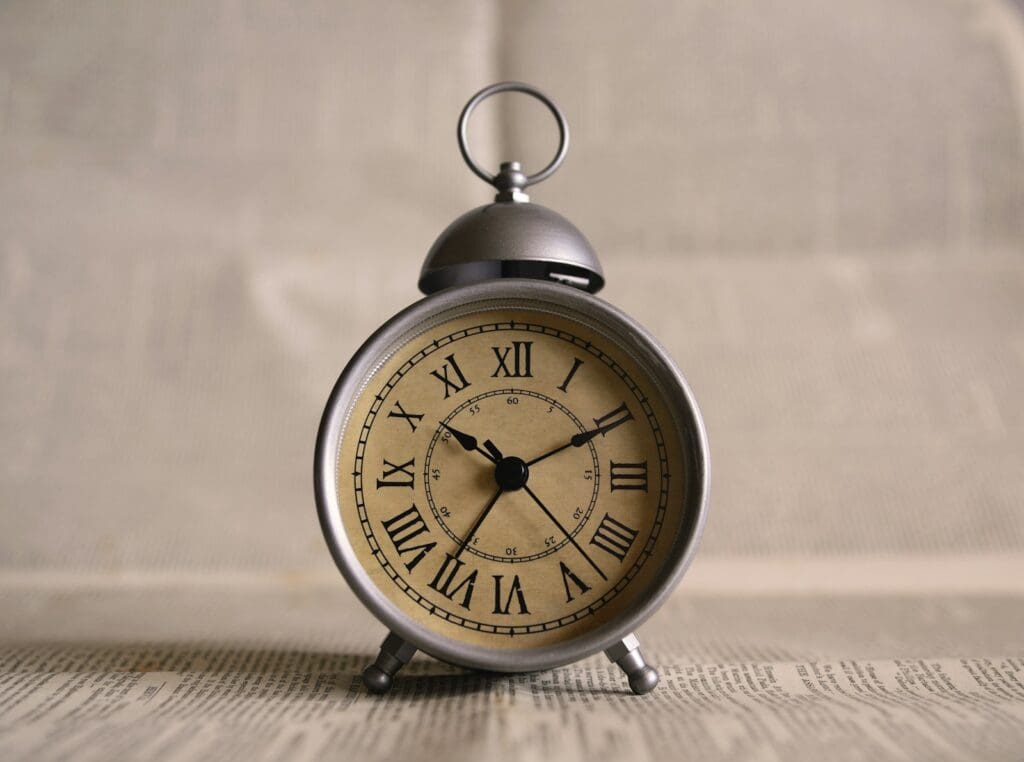
Watching the clock is one of the worst things you can do when you are trying to get to sleep. It is sometimes hard to stop looking at the time, and wondering how much sleep you are actually going to get. Soon, it is morning and all you will have to show for it is drowsiness. Pro-tip: to stop looking at the clock, put it across the room so you won’t be tempted to stare at it.
Read More: Sleep Better With this Bedtime Routine
Avoid Drinking Any Liquids Before Bed

Getting up to use the restroom during the middle of the night will mess with your sleep cycle, and sleep quality is just as important as sleep quantity. If you tend to wake up a lot due to having to go to the bathroom, then drinking fewer liquids or avoiding them altogether before bedtime can help you get a better quality of sleep.
Read More: Can You Learn in Your Sleep? Scientists Say Yes





